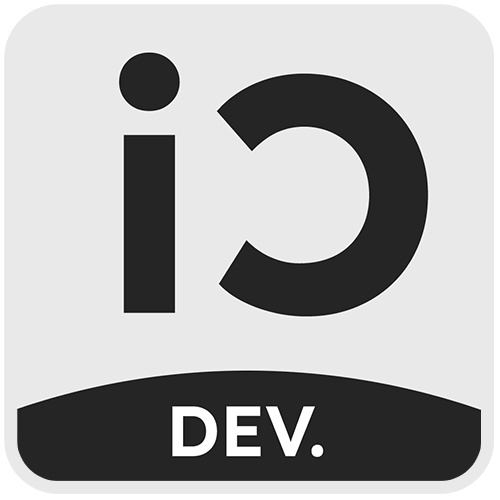Content Management Systems (CMS) are tools that allow you to manage and edit your website without requiring programming knowledge. Choosing the right CMS can help you design and manage your website more effectively. In this article, we review the best CMS platforms so you can make an informed choice based on your needs.
1. WordPress – The Most Popular
CMS With over 40% of websites worldwide using WordPress, it is the most popular CMS. Its simplicity, flexibility, and extensive support for plugins and themes make it the top choice for many designers and website owners.
Features:
 User-friendly interface
User-friendly interface
 Thousands of free and premium plugins & themes
Thousands of free and premium plugins & themes
 Suitable for blogs, online stores, corporate, and personal websites
Suitable for blogs, online stores, corporate, and personal websites
 SEO-friendly and highly scalable
SEO-friendly and highly scalable
Cons:
 May require coding for highly complex websites
May require coding for highly complex websites
 Dependency on plugins can slow down performance
Dependency on plugins can slow down performance
2. Joomla – A Powerful System for Professional Developers
Joomla is a robust and flexible CMS offering more advanced features than WordPress but may be more complex for beginners.
Features:
 Supports multilingual websites
Supports multilingual websites
 Suitable for corporate websites and complex portals
Suitable for corporate websites and complex portals
 Advanced user management
Advanced user management
Cons:
 More complex interface than WordPress
More complex interface than WordPress
 Fewer plugins and themes available
Fewer plugins and themes available
3. Drupal – The Best Choice for Large and Complex Websites
Drupal is known for its high security and extensive customization capabilities, making it ideal for large-scale, enterprise websites, and news portals.
Features:
 Highly secure
Highly secure
 Handles large volumes of data and traffic efficiently
Handles large volumes of data and traffic efficiently
 Advanced customization options
Advanced customization options
Cons:
 Requires technical knowledge for setup and configuration
Requires technical knowledge for setup and configuration
 Less user-friendly interface
Less user-friendly interface
4. Shopify – The Best CMS for Online Stores
Shopify is a specialized platform for designing and managing online stores. If you plan to launch an e-commerce business, Shopify is one of the best options available.
Features:
 Professional tools for store management
Professional tools for store management
 Supports various payment gateways
Supports various payment gateways
 Mobile-friendly and responsive design
Mobile-friendly and responsive design
Cons:
 Monthly subscription fees
Monthly subscription fees
 Limited customization compared to other CMS platforms
Limited customization compared to other CMS platforms
5. Magento – A Powerful CMS for Large E-commerce Stores
Magento is a robust CMS for online stores with advanced product and sales management features.
Features:
 Suitable for large and complex online stores
Suitable for large and complex online stores
 Advanced inventory and sales management tools
Advanced inventory and sales management tools
 High security
High security
Cons:
 Complex installation and usage
Complex installation and usage
 Requires a strong and expensive server
Requires a strong and expensive server
6. Squarespace – A User-Friendly System for Quick Website Design
Squarespace offers a simple and stylish way to create personal and business websites, .ideal for users who want a hassle-free design process
Features:
 Professional and visually appealing templates
Professional and visually appealing templates
 Best for simple and minimalistic websites
Best for simple and minimalistic websites
 Easy-to-use interface
Easy-to-use interface
Cons:
 Limited customization for developers
Limited customization for developers
 Subscription costs
Subscription costs
7. Wix – A Simple Platform for Beginners
Wix is a drag-and-drop website builder, making it ideal for beginners who want an easy-to-use design tool.
Features:
 Extremely user-friendly interface
Extremely user-friendly interface
 Customization without coding
Customization without coding
 Best for small and personal websites
Best for small and personal websites
Cons:
 Limited advanced customization options
Limited advanced customization options
 Less suitable for large-scale websites
Less suitable for large-scale websites
Conclusion
Choosing the best CMS depends on your needs, budget, and technical expertise.
Best all-round CMS: WordPress
Best for large and complex sites: Drupal & Magento Best for e-commerce: Shopify & Magento
Best for beginners and simple websites: Wix & Squarespace
For expert consultation and professional website design, iClassic is here to help. Contact us today for a free consultation!



